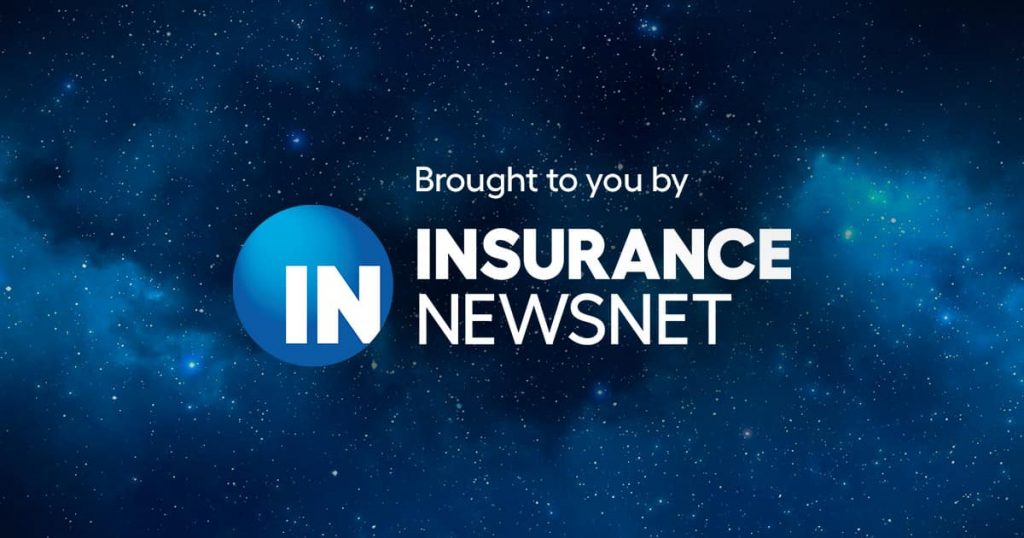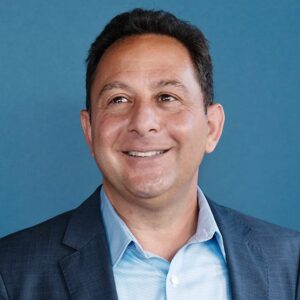House Oversight Committee Issues Testimony From A Red Circle Mutual Aid, Policy Associate Willcox – InsuranceNewsNet – Insurance News Net

WASHINGTON, April 7 — The House Oversight and Reform Committee issued the following testimony by Chris Willcox, mutual aid and policy associate at A Red Circle, involving a hybrid hearing on March 29, 2022, entitled “Examining Pathways to Universal Health Coverage”:
* * *
My name is Chris Willcox. I am a social worker who lives in St. Louis and works for A Red Circle, which is a nonprofit that serves North St. Louis County, and I’m an organizer with St. Louis Mutual Aid. My history with health care systems in America is long and complicated both from the perspective of receiving services and from providing them. It was while I was in college when I was first diagnosed with anxiety and depression, simply because it was the first time I sought help on my own, and it was freely available. Getting treatment for depression suddenly made a lot of struggles in my life make sense. I graduated from college in 2011 at the peak of what would be the first great recession in my relatively short lifetime. Back then you had to endure an hour-long screening test just to apply for a job at Ruby Tuesday. Gainful employment was in short supply. The thing about depression is that the simplest things, such as just getting out of bed, can feel incredibly difficult, and it can be hard even to imagine there is anything worth getting up for. Adding to that, failing to overcome challenges makes it all the easier to gather what seems like a cumulative body of evidence of your own worthlessness.
I sought help again as an adult after struggling with this for a long time, which I was able to do because I could still use my parents’ insurance until age 27. I got to the point where I got a job as a direct support professional assisting people with developmental disabilities in their home. This provided an intimate view of the limitations of what passes for a social safety net in America for people who cannot work. Obviously the first thing I would notice was that I was being paid only $9 an hour to provide life-sustaining care.
The second was how my clients were simply going without services the United States is perfectly capable of providing. At the time, Medicaid covered no dental services, which prompts the question of why fixing bones is suddenly not considered vital care when they are in your mouth. I witnessed firsthand why so many people I worked with needed a puree diet because the only dental service Medicaid would cover is an emergency extraction.
After I earned my Master of Social Work, I experienced what every American does when they change or leave a job: uncertainty about healthcare. I cannot afford not to have health insurance since I am continually on quite a few medications, many of which have withdrawal symptoms when I cannot get them. I would learn this the hard way when I was temporarily uninsured or had to start the irritating process of working with a new insurer, which was often because of my precarious employment situation. I’ve had to go through withdrawals multiple times because of denials or delays, prior authorizations, or any of the numerous bureaucratic headaches we spend hours and hours of unpaid time dealing with the useless industry that is private health insurance. One time without realizing it, I had filled a prescription for my main antidepressant after my coverage expired, and it went through the system uninterrupted. Later, I was sent a bill by Aetna demanding I pay around $800 for the month’s supply. I am no longer taking that drug, not because my doctor thought we should change it, but because it would still cost me between $100 and $200 a month with insurance. This is not even considering the millions of Americans who were never able to get treatment in the first place because of lack of health insurance.
We deal with so many arbitrary and unnecessary disruptions in healthcare entirely because of our dependence on private health insurance companies. I’ve had to change psychiatrists at least twice and had to change therapists at least three times because the one I was working with was no longer in-network. Imagine having to introduce yourself to a therapist that many times and recapitulate all your insecurities and intimate details of your life each time. I’ve purchased a health plan on Healthcare.gov because it said on the site that the therapist I wanted to see was in-network, only to learn afterward that they weren’t after all.
The limitations of what low-income public health insurance we do have drives some truly absurd outcomes, which I learned when I took a mental health social work job at a federally qualified health center. The pay was low considering parts of the practice required a graduate degree, but worse than that was the rapid pace and intense scrutiny of time. Medicaid has lower reimbursement and a more limited pool than Medicare, so companies that take it churn as many billable services as possible, and that’s borne by the workers. Imagine being worried about making your numbers while you’re trying to be present while a client is telling you about their suicidal ideation.
One client I worked with was ill-served by every aspect of the system. She clearly qualified for Medicaid but had to borrow money from her brother to get her medications for months while she had to prove her disability to establish Medicaid coverage. I was advised to reschedule her appointments so that I could pick up other peoples’ appointments when the opportunity came to get my numbers of billable services up. This was because she would frequently have to reschedule, which is typical and understandable for someone needing treatment for serious mental health challenges.
The very day I was given this advice, this same client texted me a call for help as she was struggling with suicide. After I intervened, she went to the hospital for the second time for suicide before she was finally granted coverage by Medicaid. This was while I was having my own thoughts about suicide related to the conditions of my job, but I had put off seeing a therapist for several months during that time because I was hired late in the year, and I would have to pay entirely out of pocket only to have the deductible reset in January.
I stayed in that job longer than I should have while I was having physical symptoms from depression and anxiety in part because I was worried about health coverage. Thankfully, when I did quit, I could buy health insurance from income from gig work. If you’ve been buying private plans off Healthcare.gov multiple times like I have, you will have noticed that they get a little worse every year: the premiums go up, the deductible goes up, the networks get narrower. For a long time, I avoided getting a primary care practitioner because they would just have to change anyway, and like anyone, I avoided care because I was worried about the cost.
None of what I described here is limited by the wealth the United States has or the available medical expertise and technology. They exist simply because we choose not to make the commitment to care for every person who needs it, and people suffer and die needlessly from solvable problems. The difference may be even more important for mental illness, which can be every bit as lethal. It takes courage and resolve just to seek mental health, as fear of being seen as weak or as making it up in your head only adds to the barriers we already put between people and care. Mental healthcare needs to have as few barriers as possible so that people can get it and possibly avoid the worst-case scenario of another suicide.
While many of the expansions of public health coverage have been an improvement, they fail to achieve the results we need precisely because of their limited scope. Like many programs targeted to low-income people, it places the greatest administrative burden on people who can least afford to bear it. As for further proposed restrictions on Medicaid?
Barriers like work requirements are as irrational as they are cruel on their face. Without getting the care I needed, I may not even be alive today, let alone generating an income.
Americans deserve better than what they been given by their government when it comes to healthcare. We have the means to change it. Only when we decide that every person gets the care they need, free at the point of service, will we know that we are doing the best by each other that we can.





